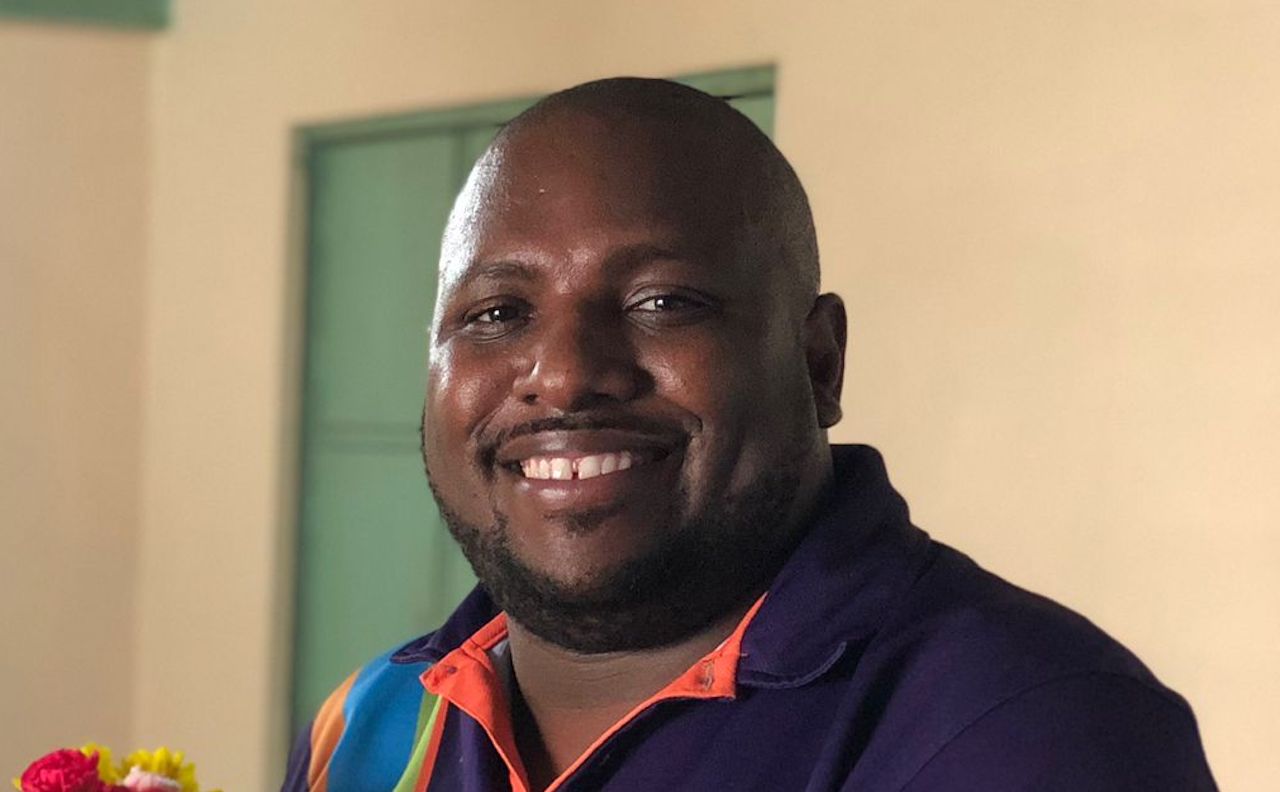Head of BFPA Calls for Public Dialogue on Age of Healthcare Access in Barbados

December 13, 2023
BFPA's Anderson Langdon calls for public dialogue on age of healthcare access in Barbados, proposing alignment of consent age and improved STI education and safe spaces for young people. Ambrose Carter supports dialogue but advocates for abstinence-based approach.
By Ryan Gilkes
The head of the BFPA Anderson Langdon has gained qualified support for his call for public dialogue on the age of healthcare access.
But while Director of Ammar Empowerment Network’s Pure Sex Centre Ambrose Carter agreed it is time for such a discussion, he told Barbados TODAY his organisation was against the “safe sex” message, suggesting that promoting abstinence was the better approach.
During the official opening of the BFPA’s new headquarters and health centre at Harmony Hall, on Monday, Langdon told reporters: “We are observing increased sexual activity among our young people, and we should stop deceiving ourselves. Many of them are not disclosing their sexual activity to their parents, hence they’re not informing their parents about potential risks, and that is one of my concerns.”
The minimum age at which an individual can legally consent to participation in sexual activity in Barbados is 16 but healthcare access is not permissible without parental involvement until age 18. Langdon suggested the two ages be aligned at 16.
While full of praise for the work of the National HIV/AIDS Commission and their screening programme for the disease, Langdon believes a similar programme is needed for Sexually Transmitted Infections (STIs), in addition to ramping up education programmes dealing with sexual and reproductive health, not only in schools but at all levels of society.
“People feel uncomfortable going to the doctor or going to public healthcare spaces to access this care because they also become unsure…. I would recommend safe spaces if we are going to have an impact on the STIs,” the BFPA executive director said.
Carter supported Langdom’s idea of dialogue on the age of access to healthcare but strongly criticised society’s treatment of the island’s youth, characterising them as “playthings for adults”.
The head of the faith-based relationship counselling organisation argued for a holistic approach, suggesting that the age of consent should be accompanied by the age of accountability, pointing out what he considered to be an inconsistency in allowing 16-year-olds to engage in sexual activity while restricting other rights such as voting and accessing medical help without parental consent.
He told Barbados TODAY: “If we are serious about this, I agree. We need to look at the age of access. But, the age of access must be accompanied by the age of accountability. We don’t allow a 16-year-old to vote [because] they are not considered mature enough to choose their leaders . . . but we’re saying they have enough intellect to engage in sexual activity. [At the same time], they cannot access medical help on their own. This is an anomaly.
“These are things we need to look at. We can’t selectively pull out the age of access and then throw it on young people who are minors, but then extract the age of consent and then bring in the age of access because of the whole question of STIs and pregnancies. Why only for that?
“We need fairness. Set the age of accountability, access, consent, and the right to give consent at 18 if we genuinely want fairness for our young people. Because currently, we’re suggesting a 16-year-old can have sex, yet if that 16-year-old becomes pregnant, society looks down on them, and they cannot independently seek medical attention. That is the issue,” Carter added.
But the head of the organisation which advocates sexual abstinence opposed Langdon’s call for an intensified screening programme for STIs and Sexually Transmitted Diseases (STDs).
“This has been the promoted strategy for years,” Carter said. “We’ve been saying our youth will engage in sex, so give them condoms. We’ve instructed them that using a condom is the best way to prevent STIs or STDs, inadvertently implying that it’s acceptable for underage individuals to engage in sexual activity.
“We took condoms in schools [annually] during the HIV/AIDS prevention programme and boasted about the thousands we distributed. . . . The same individuals who were saying it was okay to distribute condoms to underage children; the ones who were saying they were not promoting or condoning sexual activity by distributing condoms, would cry out now that our young people are indulging in promiscuous behaviour.”
Carter, whose Pure Sex Centre’s motto is “Virginity is Possible”, promoted abstinence and advised young people to wait until marriage to have sex.
“Intercourse outside of marriage is fornication,” he declared. “Sexual intercourse is between a husband and wife. That’s our message. So, when you tell young people that safe sex means using a condom, it contradicts the truth. The term ‘safe’ means free from risk. So, to say safe sex is using a condom, and also says a condom isn’t 100 per cent safe, what kind of message are you sending?”
Carter noted that society’s mixed messages on sex and sexuality have also given the impression to the nation’s youth that underage sex is acceptable.
(RG)


